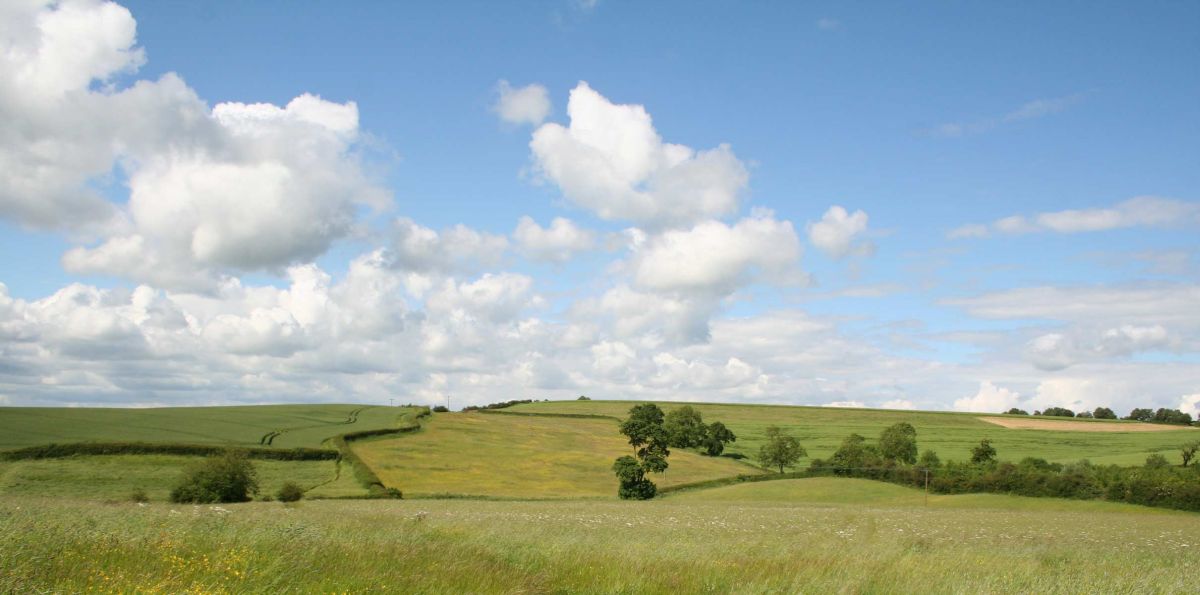
Buckinghamshire-based accountants The Fish Partnership have said that farmers need to look at alternative ways of making money from their land in the years to come.
Their message comes after new official figures show that farm diversification is on the increase across England.
The latest results from the Farm Business Survey (FBS) for England has revealed that 61 per cent of all farm businesses had some form of diversified enterprise in 2014/15, up three per cent from 2013/14 and up to ten per cent higher than a decade ago.
For the majority of farms that took part in the survey their main source of diversified income came from letting buildings for non-farming use. This could include renting out barns as storage or converting them into stables.
This form of diversification accounted for 41 per cent of farms who had diversified. The second most common form of diversification was renewable energy (18 per cent), followed by sport and recreation (12 per cent).
Total income from the alternative enterprises on the farms covered by the survey was £530 million and the average diversified farm income was £15,200.
Paul Laird, a specialist agricultural accountant and Director at The Fish Partnership, said: “With potentially thousands of pounds on offer to farms who diversify it is clear to see why so many have chosen to offer different services to the public and other businesses outside of agriculture.
“Letting buildings for non-farm use seems a popular and profitable option, with an average diversified enterprise income of £16,100 for a farm with let buildings.
“However, choosing the right solution that meets each farms needs is not easy and diversification is not always successful and it can be costly when it goes wrong."
